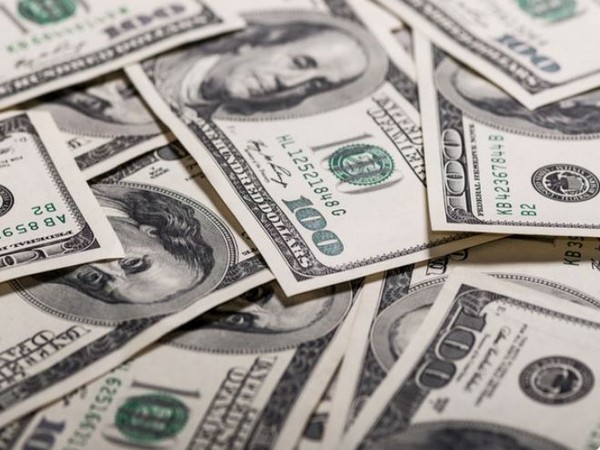
New Delhi: A new multipolar monetary system is likely to gradually emerge over an increase in bilateral trade of many countries and the deepening of local financial markets in emerging countries, said global financial services provider Credit Suisse.
Besides, efforts to develop mutual insurance schemes against shocks resulting from shifts in the US monetary policy too may lead to a more multipolar monetary system, Credit Suisse said in a report titled 'The Future of the Monetary System'. "The weight of the US dollar in foreign exchange reserves remains an indicator of USD 'hegemony'," said the report, adding that there is some evidence that major central banks are diversifying away from the US dollar possibly to limit sanction risks.
The report said history shows that it is not just periods of US dollar weakness that can cause problems in the rest of the world, but that periods of tight US Fed policy and a strong dollar can be even more disruptive.
The current monetary system has repeatedly been criticized by senior policymakers, both in advanced economies as well as emerging markets due to the stresses created outside the US from major shifts in its monetary policy.
At present, the US dollar represents slightly more than 60 per cent of global foreign exchange reserves at central banks, compared to more than 80 per cent in the early 1970s. Forex in Euro is about 20 per cent.
"For the foreseeable future, there are no clear candidates to replace the US dollar as lead currency. Neither the euro nor the renminbi qualifies as alternative currency "hegemons". Meanwhile, the creation of a global currency remains illusory - that would require an intensely cooperative geopolitical environment," the report said.
In India:
Many experts have said that RBI should make a conscious effort to internationalise the Indian currency rupee amid disruptions in payments, including that which was caused by the ongoing Russia-Ukraine war.
A currency can be termed "international" if it is widely accepted across the world as a medium of exchange.
The RBI has taken a step in this direction as it last year announced a mechanism to settle payments for international trade in rupees, especially for India's exports.
Besides, India is also in talks with select countries for a Rupee-denominated trade mechanism.
It is widely believed if the mechanism fructifies then it may go a long way in internationalising the Indian currency rupee in the long run.